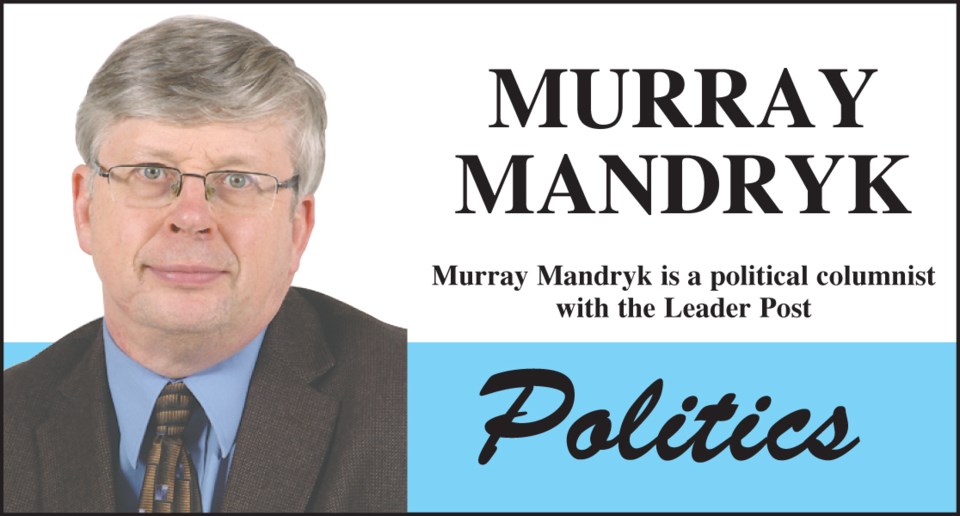As a province dependent on trade, we learned long ago how that we are affected by what goes on elsewhere in the world.
When our cattle industry was finally showing signs of strength, a cow with bovine spongiform encephalopathy (BSE) shows up and we suddenly lose our foreign beef markets.
The U.S. elects a protectionist president and we suddenly have trouble selling our pipeline steel into American markets.
And we are all too familiar with tariffs on our wheat or potash or the problem with getting our crude oil to tidewater because of a lack of pipelines.
But sometimes it goes beyond international commodity trade. In a world where technology crosses borders faster than any commodity ever could, we are increasingly see foreign communication giants integrated into every aspect of our lives.
In fact, we often don’t know how integrated until there is a controversy, which very seems the case with SaskTel’s decade-long relationship with China’s Huawei Technologies Co. Ltd.
The U.S Department of Justice last week levied charges against Huawei chief financial office Meng Wanzhou, who had been detained in Vancouver for extradition.
Meng, her company and U.S. and Hong Kong subsidiaries have been charged by the Americans on 13 counts that included conspiracy, bank fraud, obstruction of justice and money laundering.
This all came three days after Canadian Ambassador to China, former federal Liberal cabinet minister John McCallum, was fired for suggesting Meng might have a good case against her extradition to the U.S. Allegations, so far, suggests otherwise.
The whole affair become a significant international incident with the Chinese accusing the Canadians of racism and detaining Canadian businessmen in what many see as a retaliatory measures.
However, it isn’t the first time concerns have been raised about Huawei’s business practices.
Richard Fadden, former national security adviser to the prime minister, suggested in recent Globe and Mail article that “the evidence for banning Huawei from 5G continues to pile up.”
The article noted previous changes again Huawei in Poland while New Zealand, Australia and Britain were all experiencing reluctance at Huawei’s participation in either next-generation mobile data or core operations.
In Saskatchewan, SaskTel and Huawei have had significant business relations since 2010 when then-SaskTel president Ron Styles and then-premier Brad Wall travelled to China to sign an initial $28-million deal.
That deal has led to seven-year deal for the testing of next-generation wireless broadband technology in rural Saskatchewan.
In fact, the Chinese company has done approximately $200 million with SaskTel and the province since 2010, including a signed 2016 deal with the University of Regina to use the telecom’s technology.
SaskTel chief technology officer Darryl Godfrey has describe the relationship as a positive one and argues that ending the business relation would create a “significant competitive disadvantage” in rolling out SaskTel’s 5G networks.
This hasn’t placated the concerns of many _ including NDP Opposition leader Ryan Meili.
Meili last month wrote to Premier Scott Moe demanding a review of Huawei dealings with SaskTel.
“We (don’t) have enough scrutiny being paid towhat’s happening right here in Saskatchewan,” Meili said. “It’s important that we ask for a higher level of scrutiny on that relationship.”
Although political opposition is making hay off the Hauwei concerns, it won’t be all that easy for SaskTel to simply cut ties.
As small teleco in the highly competition world of telecommunication, SaskTel’s decade-long relationship with Huawei emerged out of a need to find a competitive advantage. It helped provide services in an area like rural Saskatchewan where others wouldn’t be eager to provider services.
What SaskTel is now left with is a complex mess.
Sometimes, this is simply the reality. We may seem isolated here in Saskatchewan, but it’s difficult to escape messy international trade and business relations.
Murray Mandryk has been covering provincial politics for over 22 years.



